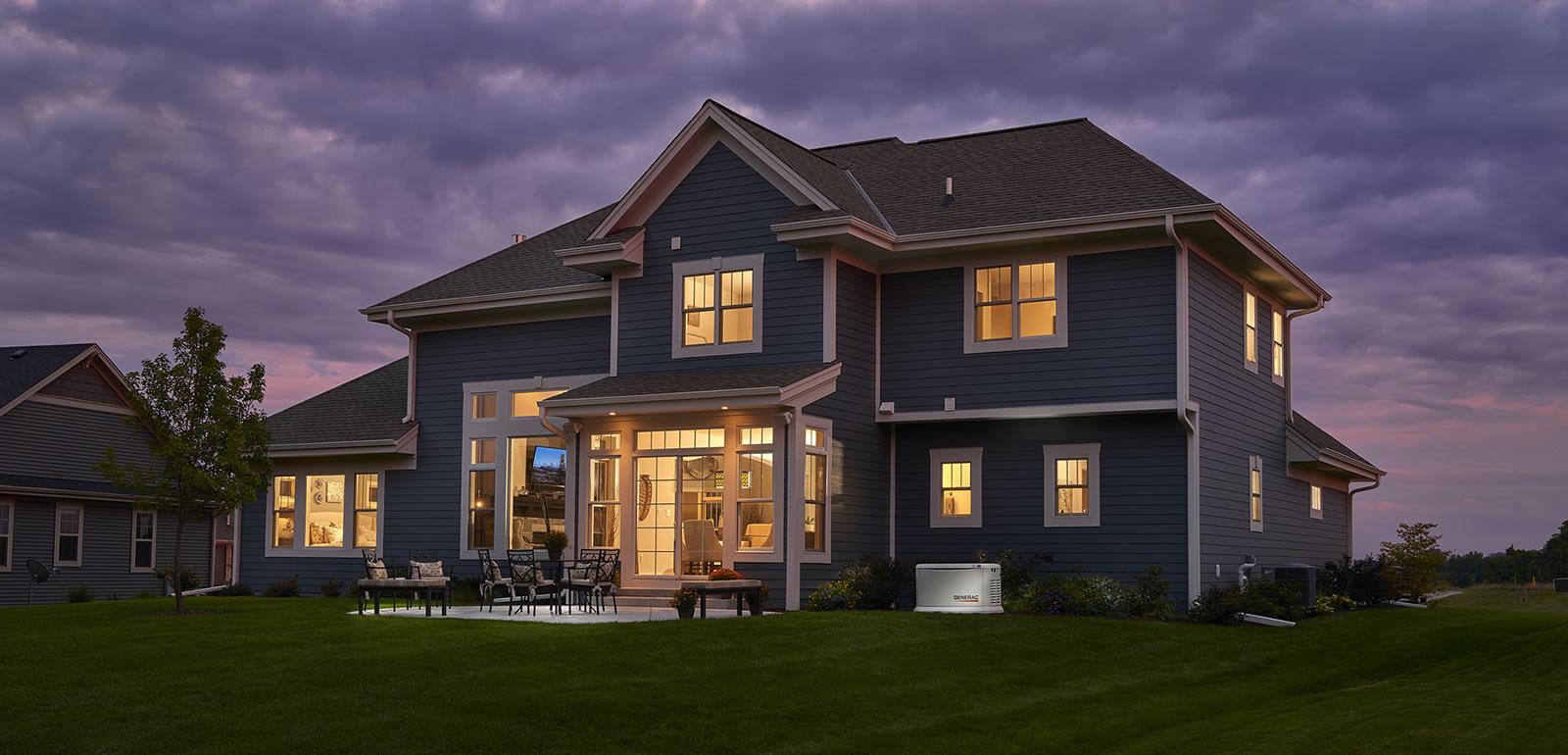Having a continuous power supply is a necessity in today's world. The electricity grid is the most common source of power in the United States, but the grid is not always reliable.
A generator is an essential component to ensure your business continues to operate through any potential power outages. However, you need to understand the right size for your generator installation to avoid power interruptions.
Four Generator Sizing Factors to Consider During Generator Installation
It would be best if you chose a generator that suits your businesses' needs. Selecting a suitable generator entails calculating an appropriate generator size. Always seek professional help to get accurate and reliable estimates.
Your generator professional will use a square foot system to determine the right generator size for your needs. You should supply them with the correct information regarding various aspects of your business for the best results. Discussed below are factors you should consider during the generator sizing process.
1. The Size of Your Site
As a rule of thumb, the bigger your building is, the more power it will need to run. You ought to get the exact measurement of your location to allow a professional to calculate the estimated power consumption.
The standard calculation formula for commercial applications is 50 kW + 5 W/square foot. Note that this square footage method only gives a rough estimate.
2. The Number of Devices You Want to Run
The number of electronic devices such as computers, fridges, and printers directly impacts your business' power needs. You should also factor in the air conditioning units in the building.
Identifying the total number of devices in your building will help calculate the starting watts and running watts. Starting watt denotes the power your electronic devices require to start running. For example, appliances with a motor will need more energy to start up.
Running watt is the amount of energy your devices will need to maintain running after starting them. Typically, a combination of starting watts and running watts constitutes a significant portion of your total energy needs.
3. Your Surroundings
The environment around your building will affect your generator's performance. Ambient conditions such as temperature, humidity, and altitudes increase or lower the combustion engine's performance in a generator.
Most manufacturers detail the power loss percentage when the ambient conditions are not suitable. A generator with higher power production would be the best choice to compensate for potential power loss. The right generator should meet your business' power needs even when ambient temperatures are not suitable.
4. Your Power Consumption History
A business's energy consumption history can inform its future power needs. Your total power usage will be detailed in your receipts. An experienced power technician can use the power usage information to determine your average and peak consumption.
Using the information, the professional will calculate the total reserve capacity necessary for your business.
Get Professional Generator Installation Services
Calculating the right generator size for your business is a complicated process. You should seek professional generator installation services to get the best results, as generators are a substantial investment.
You can work with Virginia Power Solutions to get a suitable generator size. We have over 20 years of experience at Virginia Power Solutions, offering complete generator contracting services.



